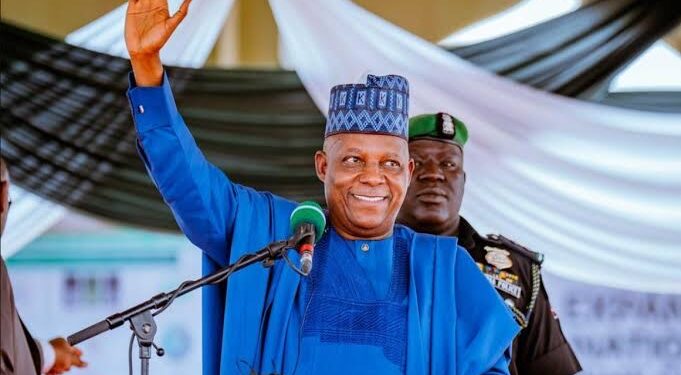In a bid to revitalize the cotton and textile sector, the Federal Government is collaborating with the International Cotton Advisory Council (ICAC) to facilitate the revival of Nigeria’s cotton industry, creating over 1.4 million new jobs.
Vice President Kashim Shettima on Tuesday said the project will create over 1.4 million jobs per year in the cotton and textile sector while focusing on developing key elements of the cotton value chain, including cotton growing, weaving, reeling, and binding, all in alignment with President Bola Tinubu’s industrialization efforts.
This was the outcome of a meeting between Vice President Kashim Shettima and an ICAC delegation led by Executive Secretary Eric Trachtenberg, held at the Presidential Villa in Abuja on Tuesday.
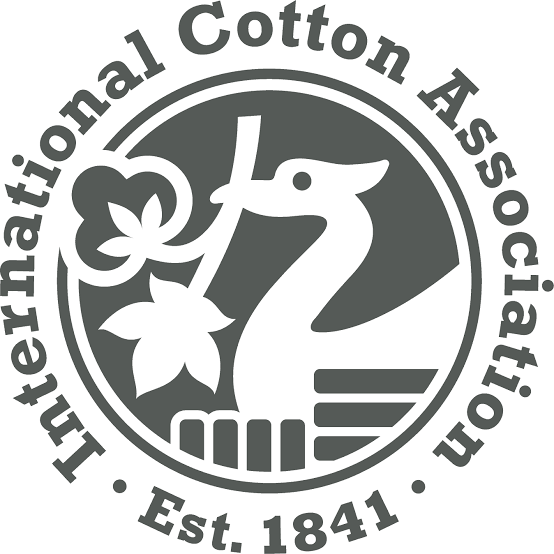
Following remarks made at the ICAC delegation and other meetings, Shettima urged stakeholders to come up with a plan to revive Nigeria’s cotton and textile sector, noting that “it is time to work more and talk less”.
The Vice President assured that the Tinubu administration would make conscious efforts to ensure that the country harnesses opportunities in the cotton value chain, including ensuring Nigeria’s return as an ICAC member state. Acknowledging ICAC’s commitment to the development of the sector in Africa, Shettima said, “Your diverse backgrounds in ICAC gives a nuance understanding of the complexities and opportunities in the cotton value chain.”
The event was attended by Governors Babajide Sanwo-Olu of Lagos State and Hope Uzodinma of Imo State.
Governor Sanwo-Olu, in his remarks, said the state is well positioned to capitalize on the opportunities in the cotton value chain as it is home to factories and markets and is a vital part of the business ecosystem for the cotton sub-sector.
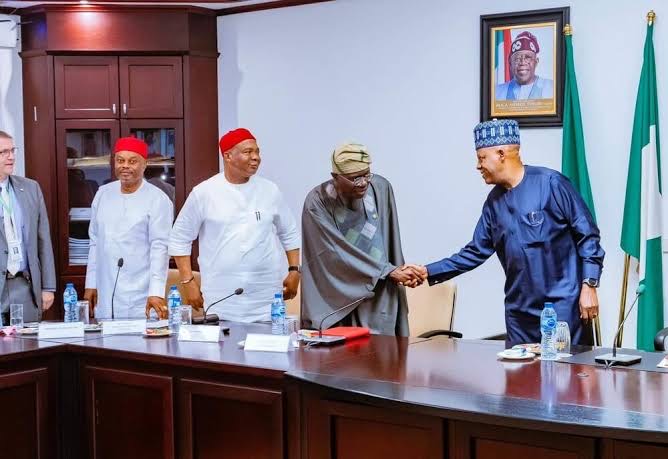
He explained that Lagos State, as an integral part of Nigeria’s cotton value chain, will support all efforts of stakeholders to transform the cotton sector so that the state can maintain its position as the largest fashion hub on the continent.
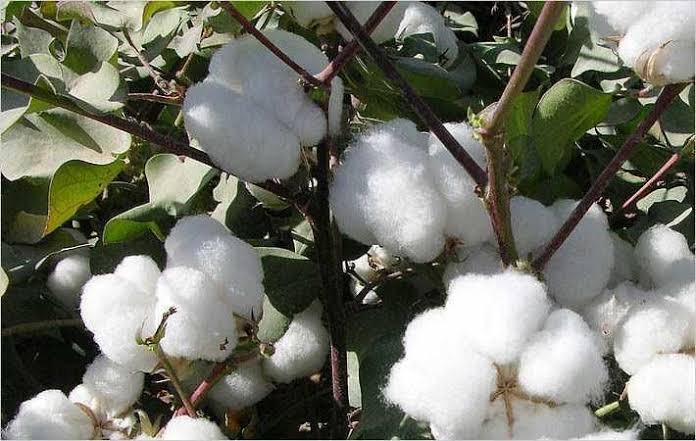
The governor also expressed excitement about the possibilities and opportunities to revitalize the cotton and textile sector, with a particular focus on job creation and economic transformation.
He therefore assured that the state is ready to purchase cotton produced in other parts of the country from companies based in the region. Governor Hope Uzodinma of Imo State said the meeting with the ICAC delegation marked the beginning of efforts to rebuild Nigeria’s textile industry as part of the broader goal of industrializing the economy.
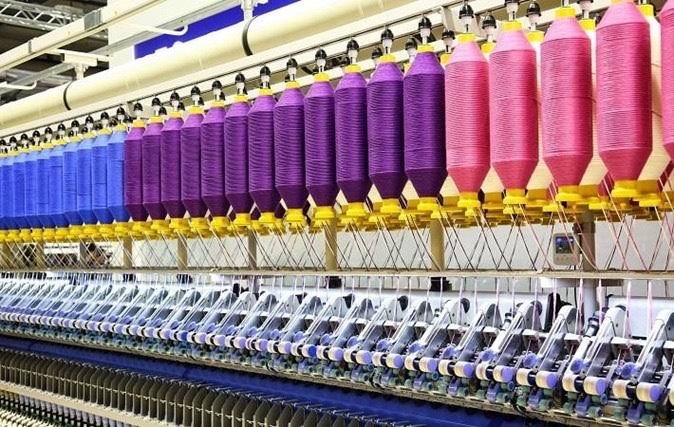
He said Imo State and the South-East region will join new efforts to revitalize the cotton and textile sector, create jobs for people and promote industrialization across the country.
According to him, “the opportunity created by the meeting is a new beginning in our quest for industrial recovery and creation of jobs for our teeming youths as well as an opportunity for a new partnership.”
Trachtenberg, in his remarks, said he was pleased with the level of interest and commitment of the country’s leaders and other stakeholders in reviving Nigeria’s industry.
Citing examples from China, India, Pakistan, and other parts of the world, the ICAC Executive Director said the potential of the cotton value chain is immense and has proven to be transformative.
He noted that cotton and textiles are highly competitive products that can be sold locally and internationally, providing competitive advantage and economic transformation, and are likely to create quality jobs now and in the future. He said ICAC will support the modernization of Nigeria’s cotton value chain by providing expert advice on improving productivity and strengthening the value chain, as well as encouraging investment.
Others present at the meeting were Minister of Innovation, Science and Technology, Uche Nnaji, Director-General of the Budget, Tanimu Yakubu, Executive Director of the Raw Materials Research and Development Council (RMRDC), Nnanyelugo Ike Muonso, and Mr. Jummai Tutuwa; Director, Federal Industrial Research Institute, Oshodi.
The ICAC delegation included Director of Textiles, Mr. Usman Kanwal, Principal Researcher, Mr. Keshav Kranthi; Mr. Anibe Achimugu, Chairman, of National Cotton Association of Nigeria; Vice Chairman, Cotton Ginners Association, Mr. Abdulkarim Kaita, and representatives of major textile and cotton producers in the country.


